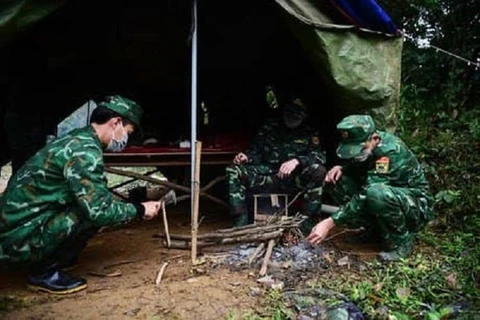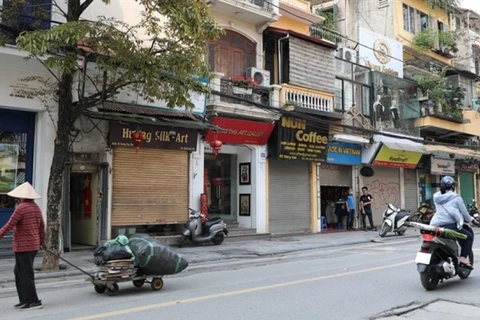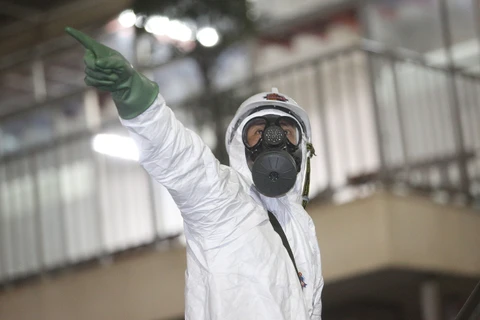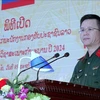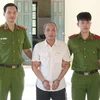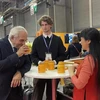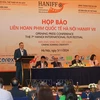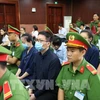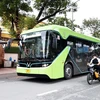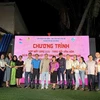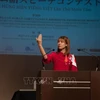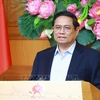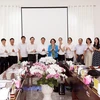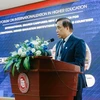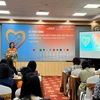Moscow (VNA) – A Russian expert has expressed his belief that Vietnam will deal with the COVID-19 pandemic effectively, thereby helping fulfill its role as a non-permanent member of the UN Security Council for 2020-2021.
In an interview with the Vietnam News Agency, Grigory Trofimchuk, Chairman of the Expert Council of the Foundation for Support of Scientific Research “Workshop of Eurasian Ideas”, said the COVID-19 prevention and control efforts by Vietnam recently have proved relatively fruitful, noting that the country can share its experience with other nations.
He described Vietnam as a surprising example when many patients have been cured, and it has publicised adequate statistics about the cases that have been infected, recovered or need medical monitoring.
He applauded the country’s viewpoint in this regard, its readiness to share experience in health care in general and the fight against COVID-19 in particular, with the world, and its participation in security ensuring and epidemic prevention and control, through which Vietnam is performing its role as a non-permanent member of the UN Security Council well.
Trofimchuk, who has spent many years on studying Vietnam, said he believes the country will once again overcome the COVID-19 pandemic since its people have weathered a number of challenges over the past decades.
Talking about the post-pandemic recovery prospect in Asia, the expert also voiced his belief that with enough economic, financial and material resources, Asia will remain a growth engine of the world.
He also recommended Asian countries build strategic orientations for economic development in the future while working to combat COVID-19./.
He applauded the country’s viewpoint in this regard, its readiness to share experience in health care in general and the fight against COVID-19 in particular, with the world, and its participation in security ensuring and epidemic prevention and control, through which Vietnam is performing its role as a non-permanent member of the UN Security Council well.
Trofimchuk, who has spent many years on studying Vietnam, said he believes the country will once again overcome the COVID-19 pandemic since its people have weathered a number of challenges over the past decades.
Talking about the post-pandemic recovery prospect in Asia, the expert also voiced his belief that with enough economic, financial and material resources, Asia will remain a growth engine of the world.
He also recommended Asian countries build strategic orientations for economic development in the future while working to combat COVID-19./.
VNA

